3 min read
The Evolution of Indigenous Relations in the City of Kamloops
Tammy Robertson, External Relations Manager for the City of Kamloops has an ambitious goal: for the City of Kamloops to become a role model for...

3 min read
Tammy Robertson, External Relations Manager for the City of Kamloops has an ambitious goal: for the City of Kamloops to become a role model for...
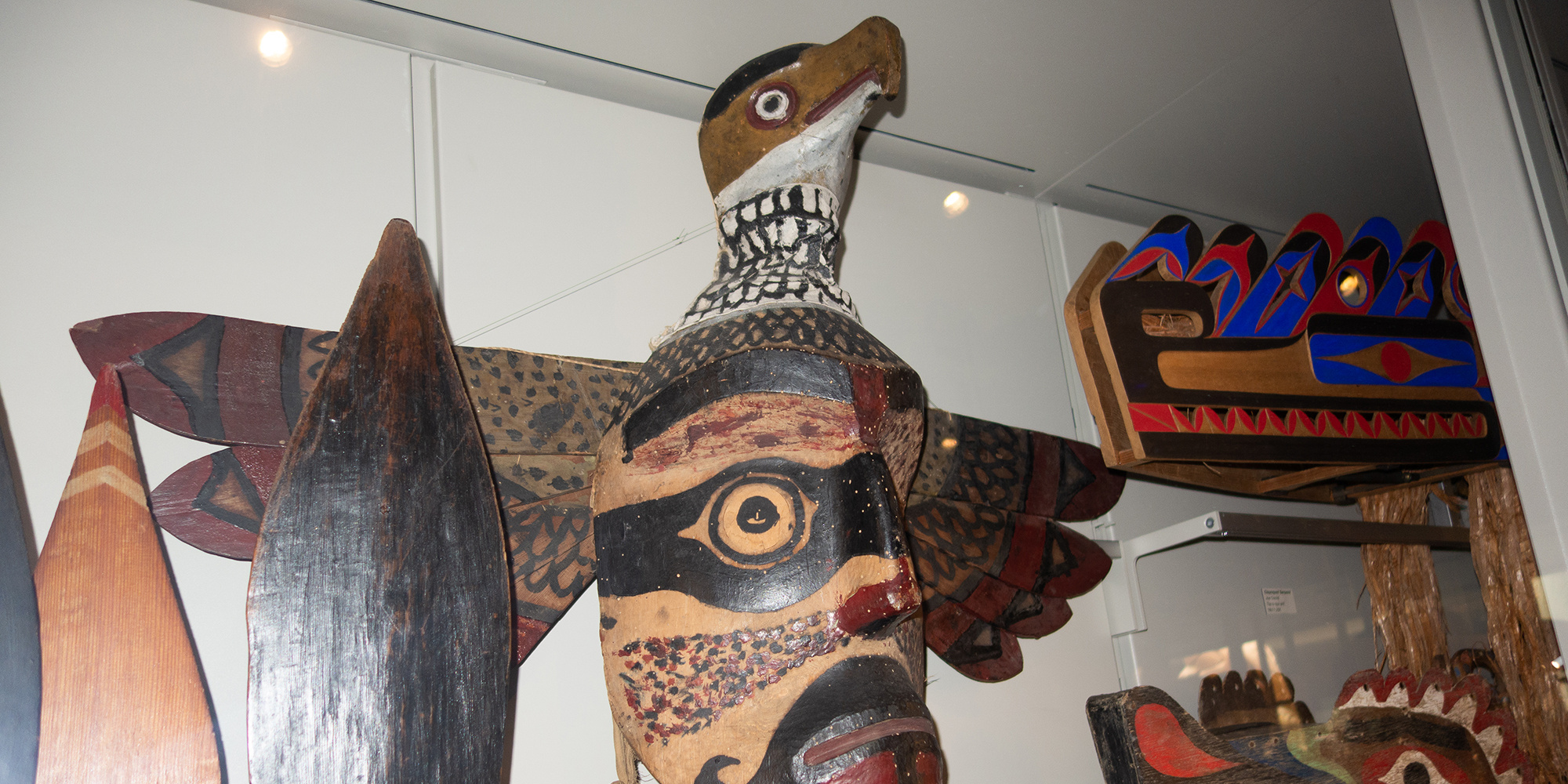
3 min read
Canada’s historical reputation is of a country where living conditions were good, and there were ample economic opportunities - a “land of milk and...
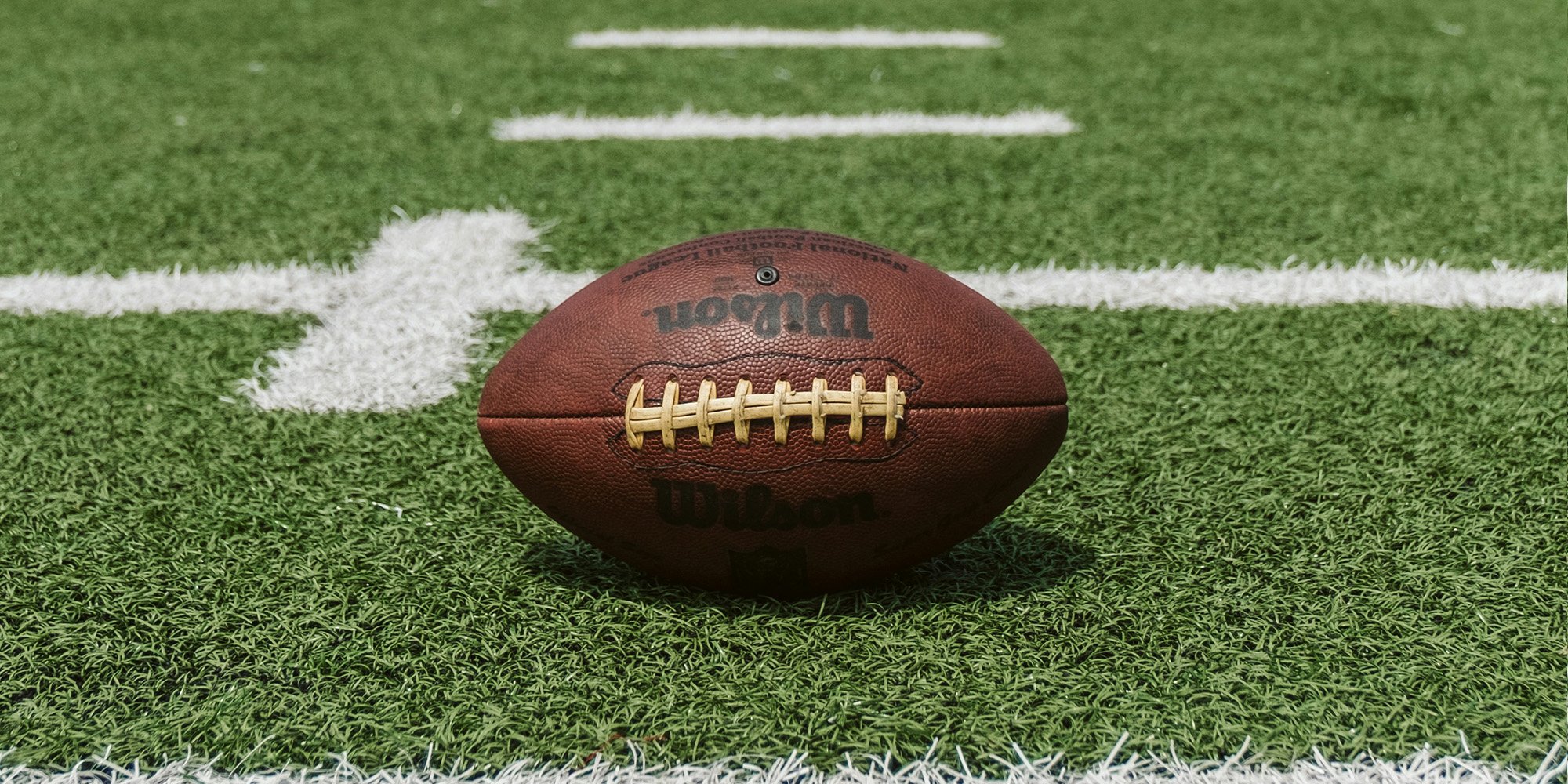
4 min read
Power is in tearing human minds to pieces and putting them together again in new shapes of your own choosing. George Orwell, 1984
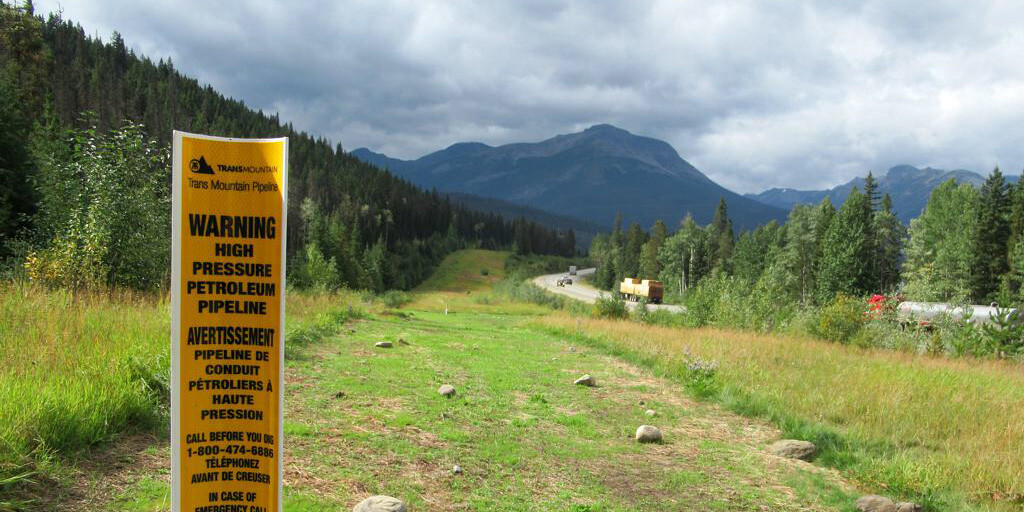
5 min read
The announcement on August 30, 2018, that the Federal Court of Appeal had quashed the Trans Mountain pipeline expansion due, in part, to faulty...
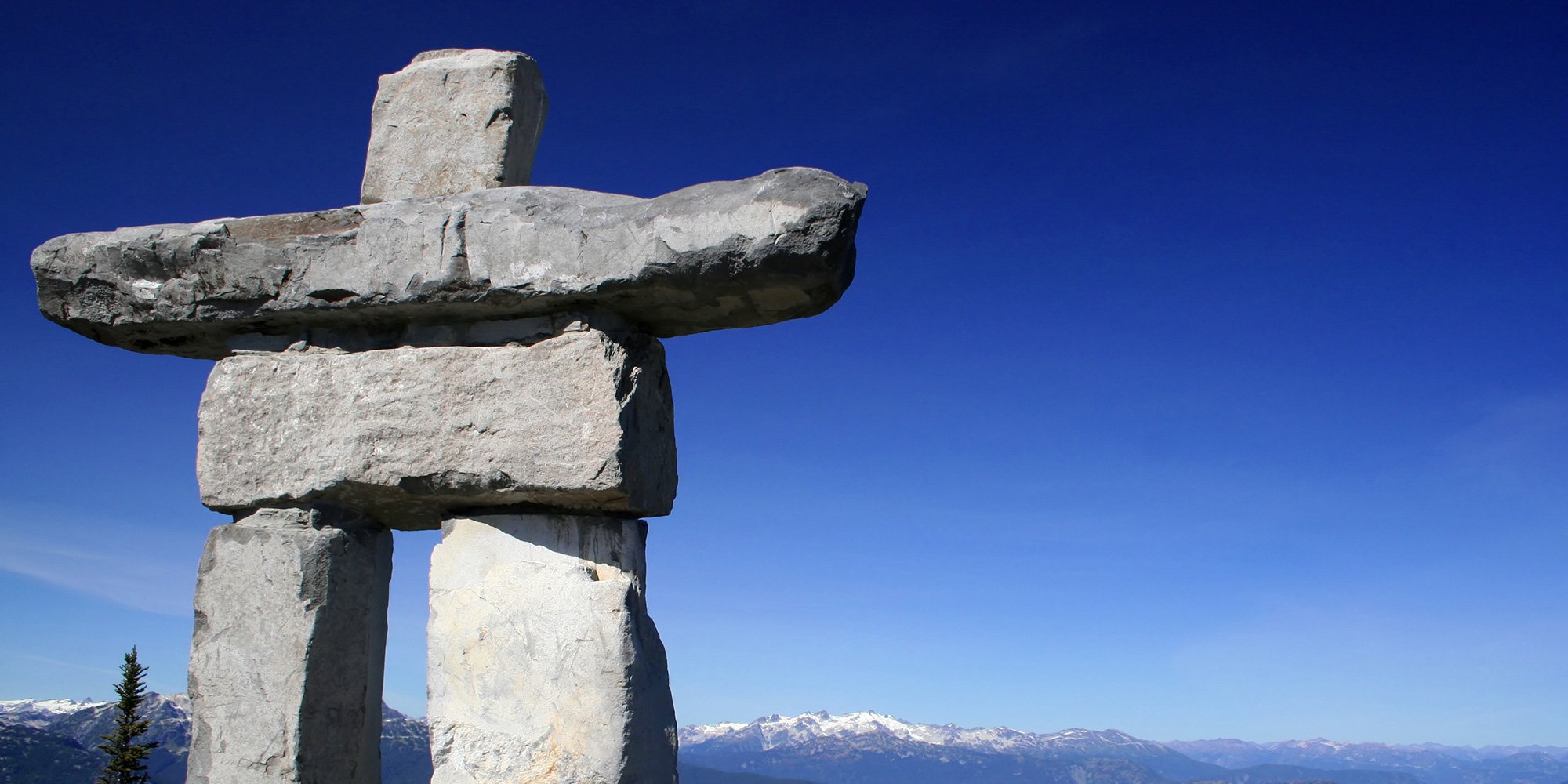
3 min read
We are at an interesting juncture in Canada in terms of Indigenous relations. On the one hand, there is an awakening and awareness on the part of...
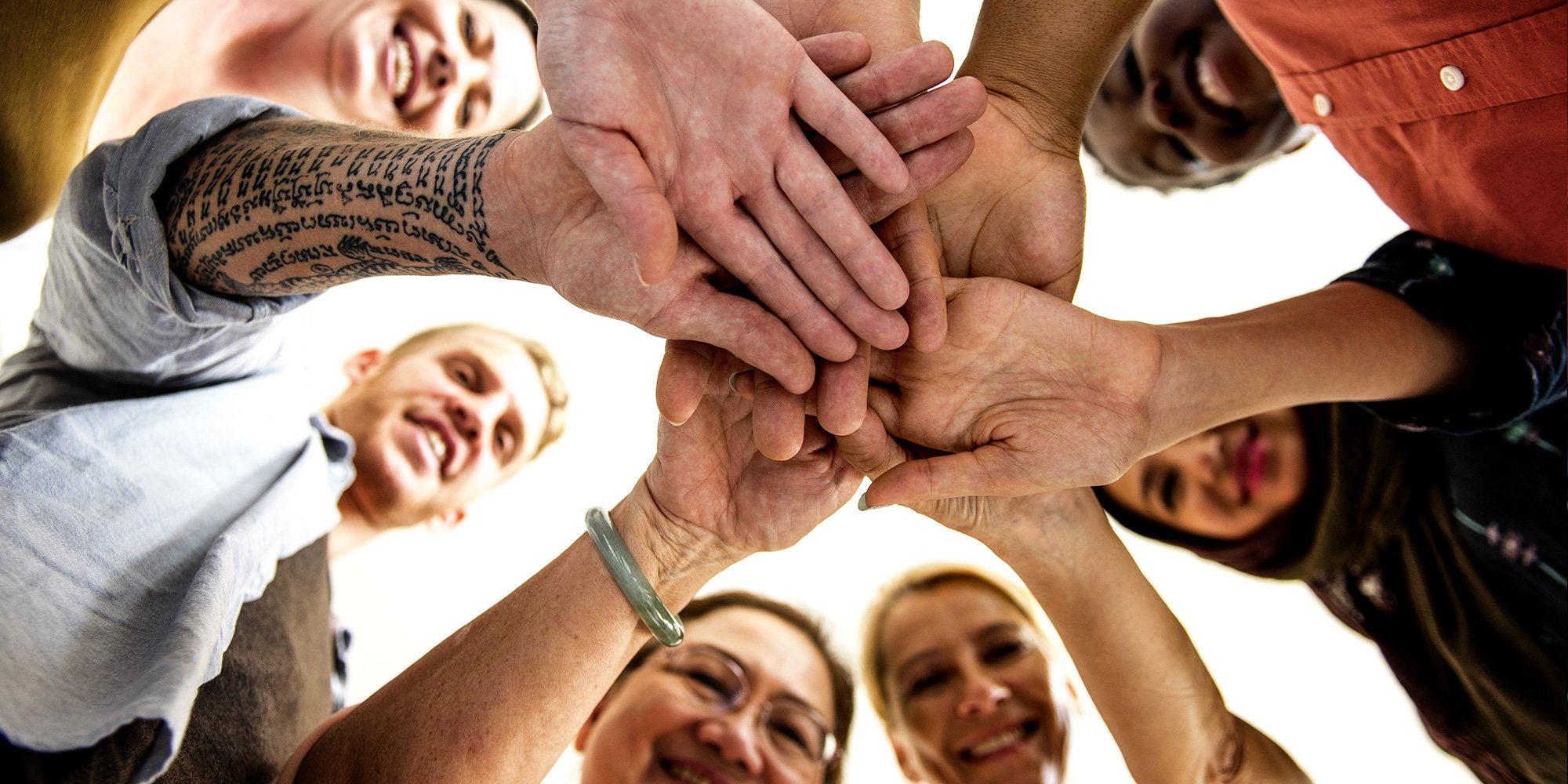
3 min read
I was recently included in a conversation on CBC’s The Current about the efficacy of anti-bias training. The host, Anna Maria Tremonti had three...

7 min read
Language has the power to respect and honour, or, hurt and offend and that is particularly true when working across cultures. Within that frame of...

3 min read
The abundance of dogs in both non-Indigenous and Indigenous communities in northern Canada is an escalating animal welfare issue. This article takes...

3 min read
When communicating cross-culturally there are certain sensitivities around the language used in the letter and expectations placed on the recipient...

3 min read
The foundation of meaningful engagement with an Indigenous community is trust. Earning that trust will take time, consistency, and transparency. The...